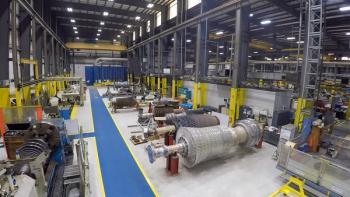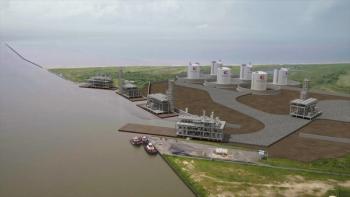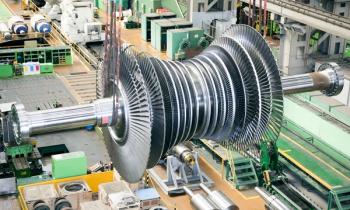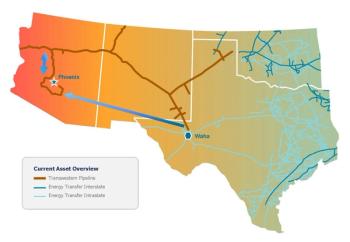
New power plant control system from Siemens
Siemens has launched the SPPA-T3000 R7.2, a new release of its power plant control system, which is said to focus even more on the human-machine interface (HMI). New functions and simplified operations are expected to help control room personnel perform their day-to-day work more efficiently and more effectively, and react reliably and quickly in critical situations. The new SPPA-T3000 R7.2 will be part of all of Siemens' new power generation control solutions and can also be integrated or retrofitted to existing control systems.
SPPA-T3000 R7.2 features additional functions such as inventive alarm handling, Trip Stop buttons or integrated plant diagnostics. Its new features include shift management, condition monitoring of the power plant components and diagnostics tools, alarm displays, classification of messages, alarm indicators and customizable display of the functions.
Plant overview
Daily shift handovers are likely to be managed efficiently using R7.2. During a shift changeover, operators are given a rapid up-to-date overview of the condition of the plant, alarm messages, as well as the shift schedule and available resources. Pending repairs and open tasks can now be added to the task list of the following shift with just a single mouse-click, thus saving time, reducing the error rate and promoting safety.
The "Diagnostic Recommended" function reports the smallest unexpected changes in condition even before DCS limit values are reached. A click of the mouse opens a text field with root-cause analysis to help to remedy the problem. Further diagnostics tools, called "Advanced diagnostics,” can be integrated and allow a more detailed fault analysis. By providing a more transparent picture of the plant's current and emerging condition, these two functions help to increase plant availability.
SPPA-T3000 R7.2 is said to enable direct access to other Siemens control systems such as PCS7 as well as to applications and systems provided by other vendors. The control room operators can now have a clear picture of all their plants processes at any one time without leaving their desk.
Displays showing the plant's key performance indicators such as production data, plant efficiency, unit output, emissions or other data are now positioned in the upper frame so that they are always in view. The ergonomic design is said to enable a display of all vital functions and a fast root-cause analysis with one mouse click.
Newsletter
Power your knowledge with the latest in turbine technology, engineering advances, and energy solutions—subscribe to Turbomachinery International today.




